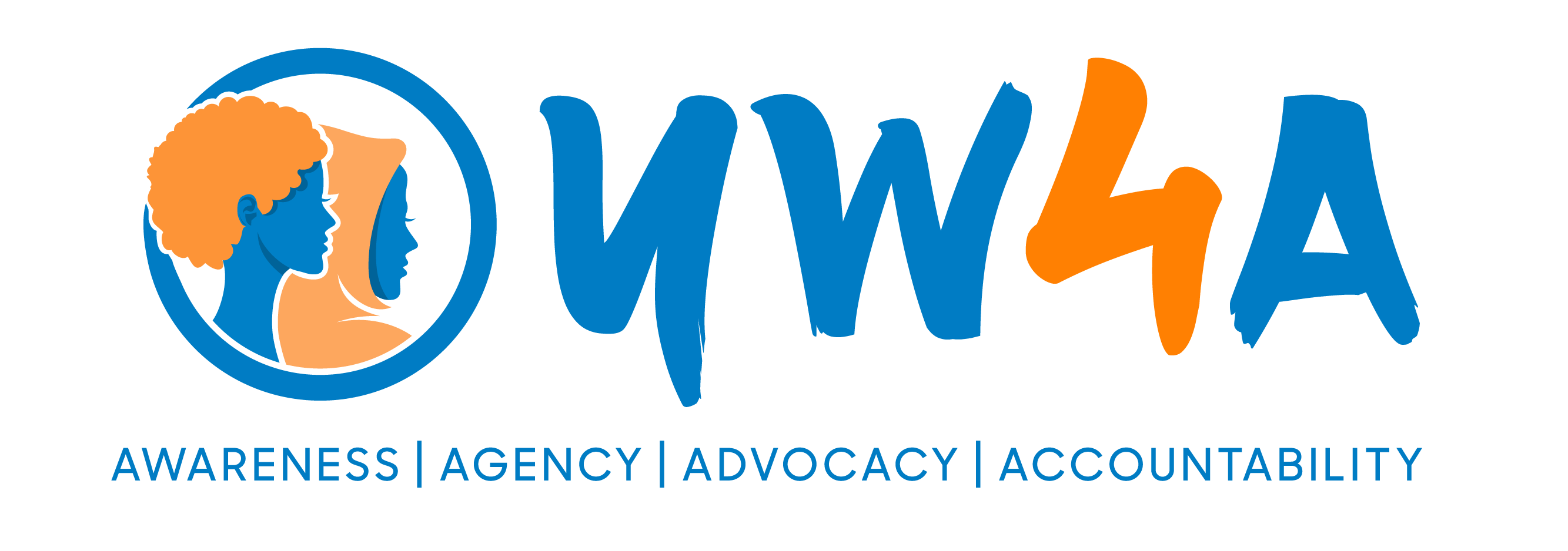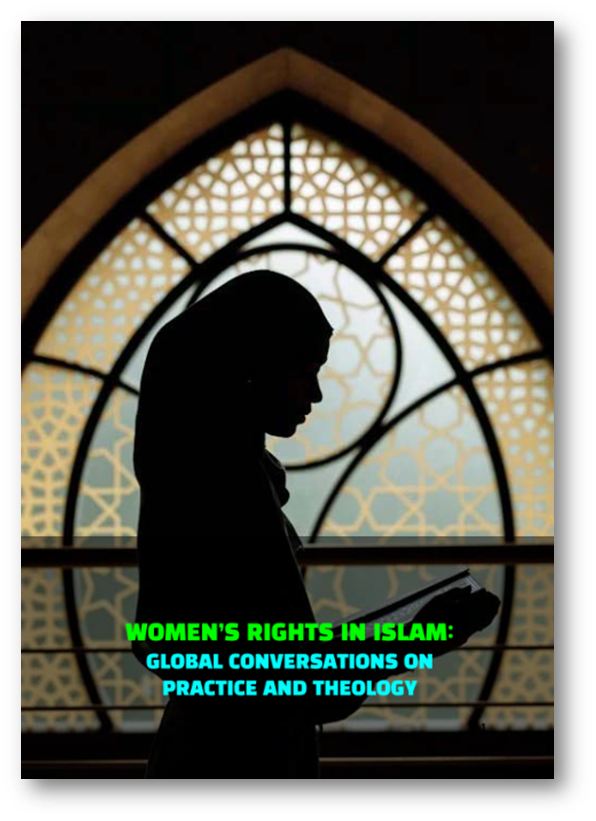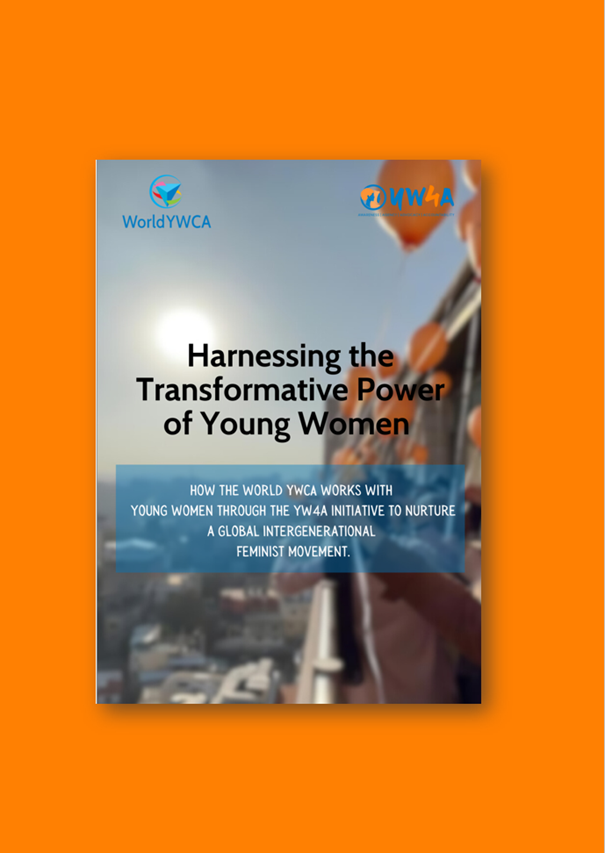This publication reflects on women’s rights in Islam from diverse geographical locations and thematic concerns. The authors are drawn from different parts of the world and seek to provide updated accounts of the contribution of Islam towards promoting women’s rights.
The publication is driven by the commitment towards challenging the misleading perception, driven mainly by the lack of appreciating the correct teachings of Islam that the religion looks down upon women and encourages discrimination against them. Individuals and representatives of distinguished theological institutions from various parts of the world have come together to provide reflections on the situation concerning the role of Islam and the status of women. In turn, theologians have offered enlightening interpretations of Islam’s teachings on women’s rights. On the other hand, practitioners have shared their lived experiences as they implement various programmatic interventions to respond to multiple violations of women’s rights within communities. This synthesis between practice and theology has ensured that the book achieves high internal coherence and clarity. The reader benefits from the conversation and critique between practice and theology concerning women’s rights in Islam.
Contributors to the volume have reflected on some of the most contentious issues regarding women’s issues in Islam. Those covered in this book are:
- Advancing Gender Equality
- Promoting Women’s Participation in Private, Public and Political Life
- Preventing Violence against Women (Sexual and Gender-based Violence and Domestic Violence)
- Advancing Women’s Property Rights
- Promoting the Right to Custody of Children and,
- Promoting Women’s Right to Bodily Integrity.
Through carefully analysing these themes, the contributors have shown how Islam is well-equipped to promote women’s rights. They highlight how some of the problematic interpretations of the sacred text have been used to justify aberrations, while also showcasing some highly successful interventions. Overall, this book is a valuable resource for practitioners in the field, theological institutions, believers, scholars, religious leaders, activists and advocates, faith-inspired policy-makers and politicians who draw on their Muslim faith to promote and protect women’s rights.
Read the publication here.



